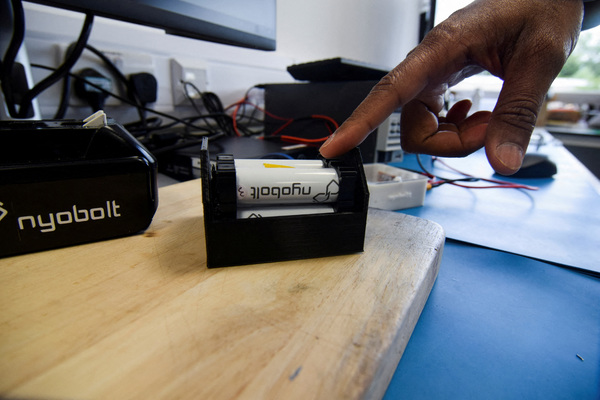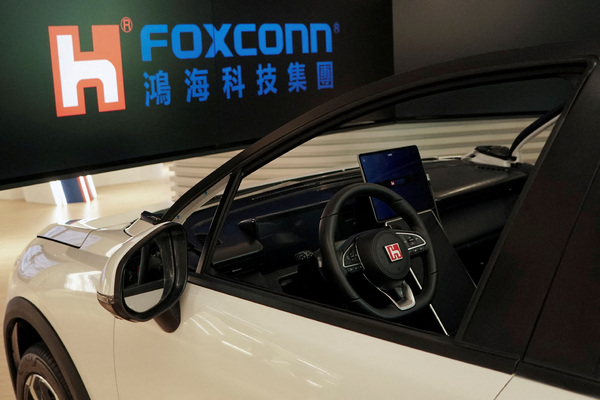Embracing IoT in UK business
Sponsored by Gambica
If organisations look beyond initial barriers to IoT adoption, they can unlock a new realm of improved productivity and efficiency
Maintenance issues can quite accurately make or break business operations. For manufacturers, this is the reason why utilising the ever-growing IoT means they are able to accelerate smart manufacturing and rapidly improve their processes. IoT can help augment a number of different business operations, from customer experience to process maintenance. In manufacturing, artificial intelligence and IoT applications can efficiently deal with various operations, from predictive monitoring and preventative maintenance through to optimising equipment performance, quality control in production and even the much talked about human-to-machine interaction. All of this encompasses a reduction in product cycle time and greater efficiency through reduced downtime.
So why is it that adoption of these technologies is slower in the UK?
There is an argument that it is the public sector that is causing the backlash of IoT adoption, due to a requirement to provide a strong return on investment. But in the manufacturing industry, the downtime reduction alone is a clear return.
One good theory is the idea of lack of infrastructure throughout the UK. IoT adoption required brilliant communication systems, fast speed, reliable networks and, in many cases, 5G connectivity with its boasted minimal latency. However, it doesn’t appear that sufficient investment has been made to support these areas.
Throughout the UK, the most significant IoT advances have been made by both the healthcare and military sectors. Through patient monitoring and remote monitoring hospital check-ups, the NHS is becoming a pioneer for this technology.
Another barrier to entry sometimes can be the time lag in visualising the return. Many IoT development projects can sometimes take time and involve workforce upskilling and higher initial costs. On average, IoT projects take around two to five years, and for many organisations this is a tough investment to make. However, this can be down to the lack of expertise and confidence among executives and board members who are the decision-makers for these technologies. Often, it is the person on the shop floor who can really feel the benefit from these technologies, but they are not the decision-maker – causing a lack of connection.
It is essential that the industry is reassured that using IoT will most certainly improve processes, and the speed at which it is developing is now even reducing the security vulnerability factors. Another concern from many businesses surrounds privacy and security constraints.
To ensure more projects deliver the benefits they are looking for, UK organisations need to plan ahead to address current and future challenges. Connectivity must be meticulously considered from the get-go to ensure that issues along the way don’t impede the ultimate rollout.
It is essential that upper management and executives understand the impact of high device volumes from a cost and resource perspective, ensuring greater visibility across security, maintenance and performance monitoring. They must seek to create a more efficient working environment for their workforce through these technologies in order to successfully realise a return on investment.
Of course, along with infrastructure, an investment in IoT security will become increasingly critical and must also be understood to be as reliable as older security systems.
Overall, the UK is continuing to build momentum around the IoT. Yet there is still much to do to progress to faster, wider, large-scale adoption. If organisations are able to understand that maximising the value of IoT-generated data will help future-proof projects, growth can be unparalleled.
To learn what other UK organisations are doing on their journey through IoT technologies, visit gambica.org.uk
by Nikesh Mistry, Sector Head – Industrial Automation, Gambica

Business Reporter Team
Most Viewed
Winston House, 3rd Floor, Units 306-309, 2-4 Dollis Park, London, N3 1HF
23-29 Hendon Lane, London, N3 1RT
020 8349 4363
© 2025, Lyonsdown Limited. Business Reporter® is a registered trademark of Lyonsdown Ltd. VAT registration number: 830519543





